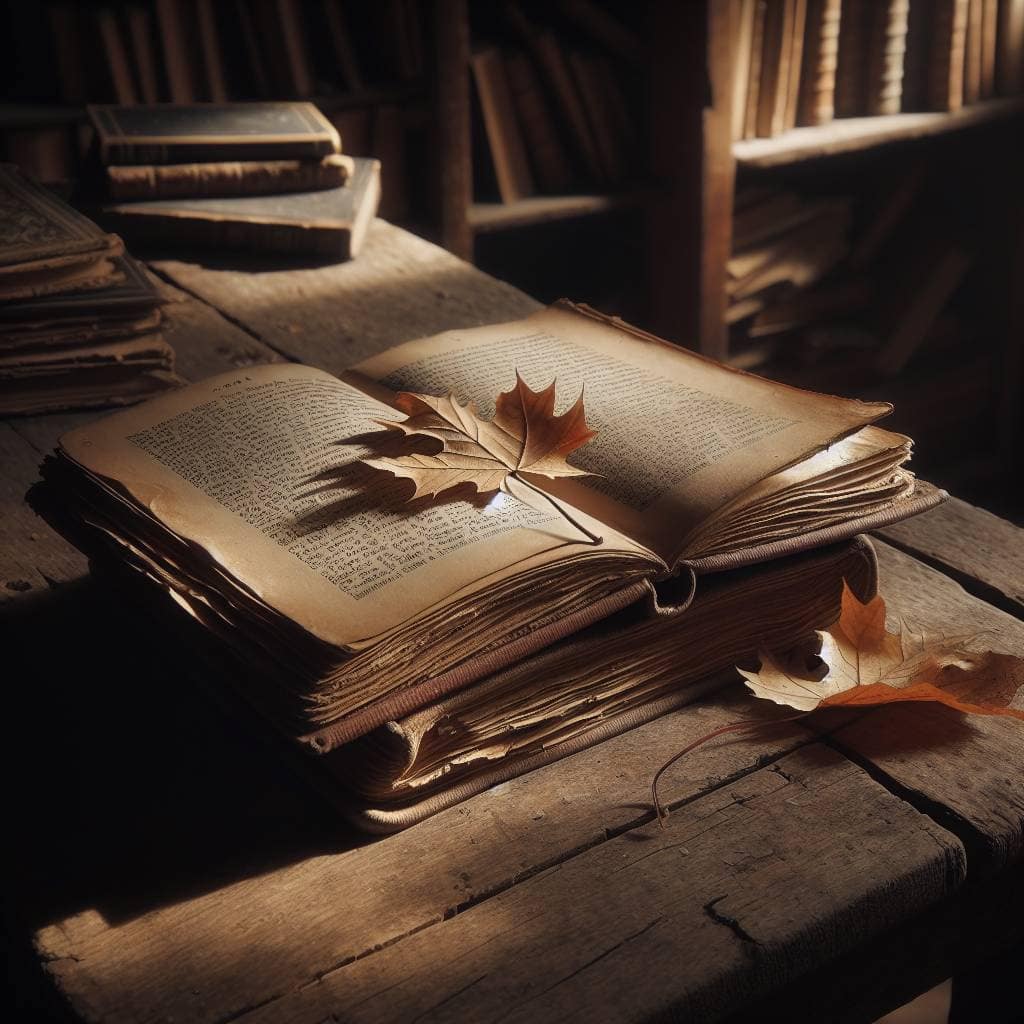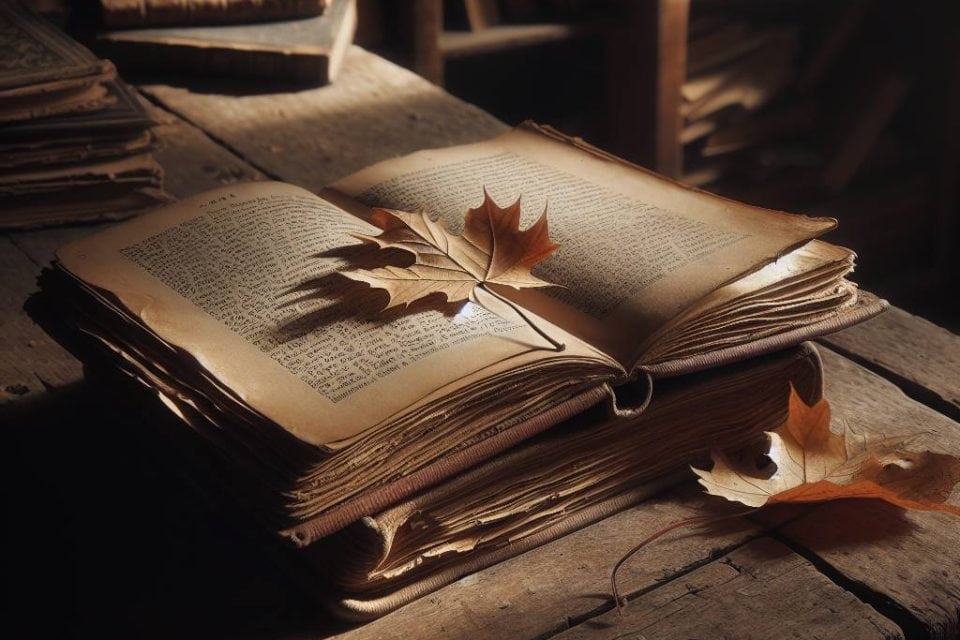I once found myself at a dusty book sale, the kind where every title whispers forgotten secrets. I picked up a battered anthology of poems, expecting yet another collection of flowery nonsense about autumn leaves and moonlit nights. But I was wrong. Those pages held more than just words—they held the kind of raw honesty that hits you like a cold wind on a scorching day. It was as if the poets had reached across time to slap me awake, demanding I feel something real. No more saccharine verses that numb the mind; these poems were visceral, unapologetic, and beautifully flawed. They were a revelation.

So, if you’re tired of poetry that makes you feel like you’re sipping lukewarm tea on a rainy afternoon, you’re in the right place. This is about the poems that carve their way into your soul and nest there stubbornly. Expect names like Mary Oliver, who finds the divine in the mundane, and Rumi, whose words are old but never stale. We’ll wander through the spiritual musings of Hafiz and the comfort these poets offer without ever resorting to cheap sentiment. This journey won’t hold your hand with platitudes. It will challenge you. But isn’t that the point of a poem that truly touches the soul?
Table of Contents
How Mary Oliver (And A Raven) Saved Me From A Spiritual Crisis
There was a time when I found myself walking through a fog so thick it felt like the world had been swallowed by a gray abyss. Life, with its relentless demands, had left me weary and tangled in a crisis of the soul. Amid this haze, I stumbled upon the words of Mary Oliver, her poetry like a whisper cutting through the noise. It was “The Journey” that first took hold of me, its verses a lifeline thrown into the churning waters of my mind. “One day you finally knew what you had to do, and began,” she wrote, and those words sparked something deep within me—a small, rebellious flame that insisted there was more to discover, more to feel.
But it wasn’t just Oliver who reached into my darkness. There was this raven, a regular visitor to my garden—a bird as black as ink, with eyes that seemed to hold ancient secrets. Watching it, I saw a reflection of my own tumultuous spirit, a creature unafraid to claim its space in the world. The raven became a symbol, a living metaphor that mirrored the wisdom I found in poetry. Like Rumi’s ecstatic verses or Hafiz’s joyful declarations, Oliver’s words, together with the raven’s stark presence, reminded me that beauty and salvation often come wrapped in unexpected forms.
In those quiet moments, as the raven cawed its truths from the branches, I learned what it meant to be truly alive. Poetry, with its raw and unvarnished honesty, became my anchor. Mary Oliver taught me to see the sacred in the everyday, to embrace the wildness of my own heart. And that raven, with its unyielding gaze, dared me to face the world unflinchingly. Together, they pulled me from the brink, reminding me that even in the darkest times, there’s a poem—or a raven—that can save us.
Whispers of the Timeless
In the quiet corners of life, where Mary Oliver’s gaze meets Rumi’s whirling soul, poetry becomes the thread stitching our fractured spirits back together.
The Unspoken Threads We Weave
There’s something profoundly unsettling about realizing that words, mere vibrations in the air, can grip your soul and refuse to let go. It’s as if Mary Oliver, Rumi, and Hafiz have been my secret companions, whispering truths that I was too stubborn to acknowledge alone. These poets don’t just speak to me—they unravel me, piece by piece, until I’m left exposed, raw, and, paradoxically, whole. Spiritual crises are never solved by neat solutions or glossy affirmations. They demand the grit of truth, the kind that Mary Oliver offers with her unflinching gaze at the world, and the warmth of Hafiz’s laughter echoing through the centuries.
In the quiet of the countryside, where my thoughts often roam free, I’ve found solace in their words, not because they promise comfort, but because they recognize the chaos within me. It’s a strange companionship, this dance with poetry, where each line is a step towards understanding and each pause a moment of introspection. I don’t claim to have all the answers, nor do I seek them anymore. The journey itself, with its detours and diversions, is what matters. And in this shared silence with the poets, I find a piece of myself reflected in their verses, a testament to the unspoken threads that weave us all together.
